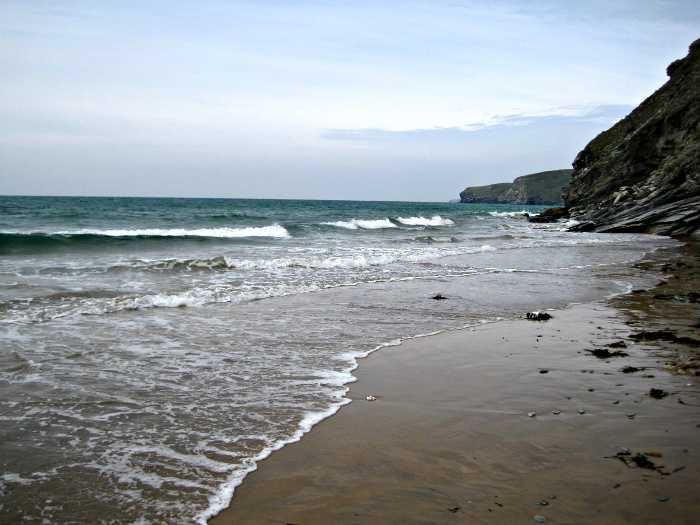FWP:
SETS == BAH; DOUBLE ACTIVATION
An elegant verse based on complex wordplay. The commentators appreciate the play on salt, but they miss-- or perhaps deliberately reject-- the play on jaulāñ . Most of them prefer its meaning of 'movement', while Josh insists on 'shackles'. Needless to say, Ghalib surely intended us to relish the interplay of both, as Faruqi indicates. For another such double use of jaulāñ , see {23,1}, and especially Faruqi's commentary.
It's the 'double (or even triple) activation' of the word shor that helps to pull everything together (see the definition above). Turmoil, madness, bitterness, saltiness-- its range of meanings contains suitable matches for both jaulāñ as 'movement' and jaulāñ as 'chains'. With, of course, the sense of 'saltiness' left over to go with the namak in the second line. On the tawny or 'salty' [sāñvlā] quality of the beloved's body, see Faruqi's commentary on M{1815,2}.
Salt is a property of the sea anyway, and to connect it to the salt that is sprinkled on the lover's wounds is an enjoyable notion. But what is the relationship of the sea-salt to the shore-salt described in the second line? Here again, we have two choices, thanks to the versatility of the little Persian preposition bah . If we take bah to mean 'from', then it is the salt received from the wound of the waves that has made the shore sands salty, since the waves constantly come lapping over them. If we take it to mean 'along with', then both the wound of the waves and the sands of the shore are equally salty.
In either case, the shore sands are salty because someone has passed by who either has made them envious (and thus rubbed salt in their wounds); or else has conveyed to them a sense of his own bitterness, passion, and suffering, such that they have become salt-- either to enhance his pleasure in suffering, or in some kind of self-sterilizing response to his bitter pain.
Most of the commentators think the shore sands are simply jealous of the beloved's horse
with its fast movement, and of her beauty and power over it. Surely that's a bit limited and deflating. Why not leave the
question as a question, and let it haunt the salty air of the seashore? After
all, whose passing has left the shore-sands in this condition? Rhetorically,
it's almost the same kind of question as the one asked in the first line of
{1,1}.

Nazm:
At the edge of the sea, the movement of the beloved's horse was so full of shor that it turned the sand-grains of the shore into salt. Energy and shor are among the qualities of the ocean; seeing this quality in her movement, salt began to enter the wounds of the waves-- that is, from envy. (79)
== Nazm page 79